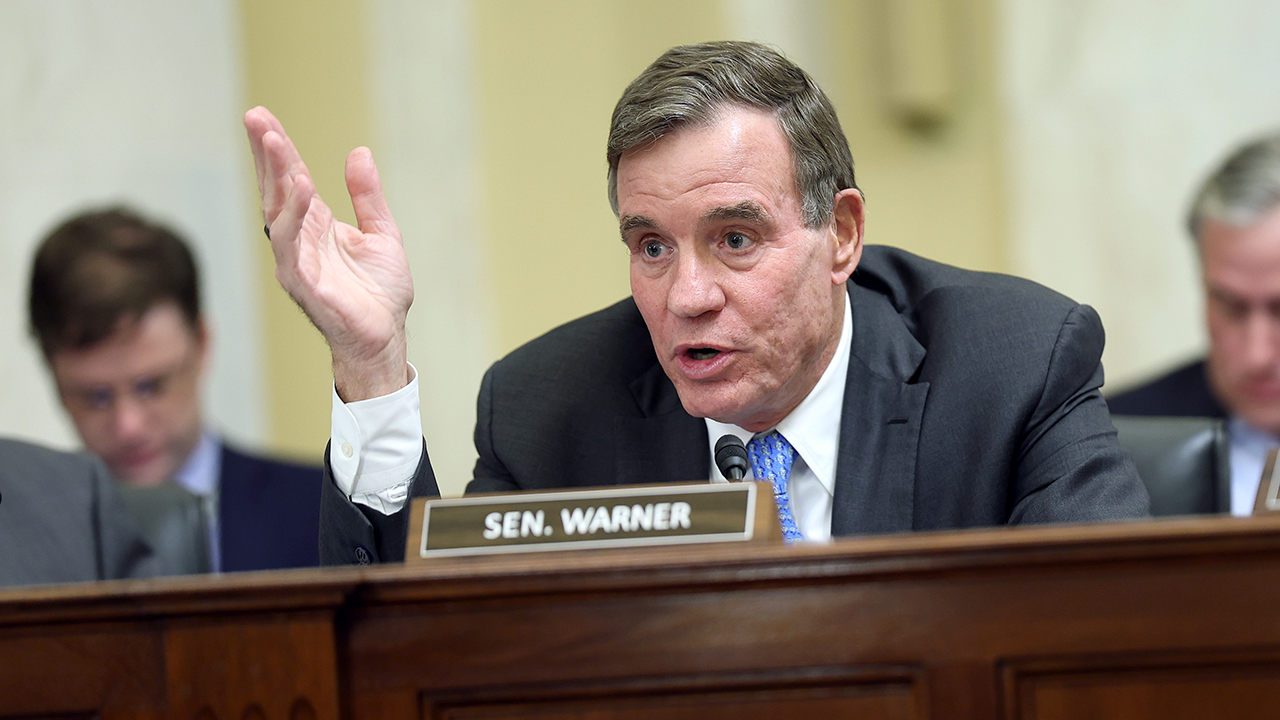Bi-partisan bill directs NSA to create AI security playbook amid China threats

Rep. Darin LaHood, R-Ind., is taking a bold step in the fight against foreign adversaries, particularly China, by introducing a new bill aimed at bolstering the National Security Administration’s (NSA) capabilities in artificial intelligence (AI) security. The bill, known as the “Advanced AI Security Readiness Act,” calls for the development of an “AI Security Playbook” by the NSA’s Artificial Intelligence Security Center. This playbook will address vulnerabilities, threat detection, cyber and physical security strategies, and contingency plans for highly sensitive AI systems.
The bill, co-sponsored by House Select Committee on China Chairman Rep. John Moolenaar, R-Mich., Ranking Member Rep. Raja Krishnamoorthi, D-Ill., and Rep. Josh Gottheimer, D-N.J., is a comprehensive approach to ensuring that the U.S. remains ahead in the advanced technology race against the Chinese Communist Party (CCP). Rep. LaHood emphasized the importance of protecting U.S. assets and promoting the country’s technological advancements in the face of increasing threats from China.
The legislation comes in response to mounting evidence of China’s efforts to steal U.S. technology and gain an edge in AI development. LaHood pointed to instances where the CCP used illegal means to steal insights from U.S. AI models and circumvented export controls on AI chips. He highlighted the need for the U.S. to stay ahead in the AI competition, as the outcome will have significant implications for national security, cybersecurity, and economic influence.
The bill directs the NSA to develop a playbook that identifies vulnerabilities in AI data centers and developers producing sensitive AI technologies, with a focus on unique threat vectors specific to AI systems. It also calls for strategies to detect, prevent, and respond to cyber threats targeting covered AI technologies. Additionally, the legislation emphasizes the importance of maintaining high levels of security for advanced AI systems, including protocols to mitigate insider threats.
The introduction of this bill comes at a critical time when the U.S. is facing increasing threats from foreign adversaries, particularly China. By enhancing AI security readiness, the U.S. can better protect its assets and maintain its technological edge in the global arena. The bill aligns with the Trump administration’s efforts to bolster AI infrastructure in the U.S. and major tech companies’ investments in AI data centers.
Overall, the “Advanced AI Security Readiness Act” represents a proactive approach to safeguarding U.S. interests in the face of growing technological competition and security threats. It underscores the need for a multi-pronged strategy to stay ahead in the AI race and ensure that the U.S. remains at the forefront of technological innovation and national security.




